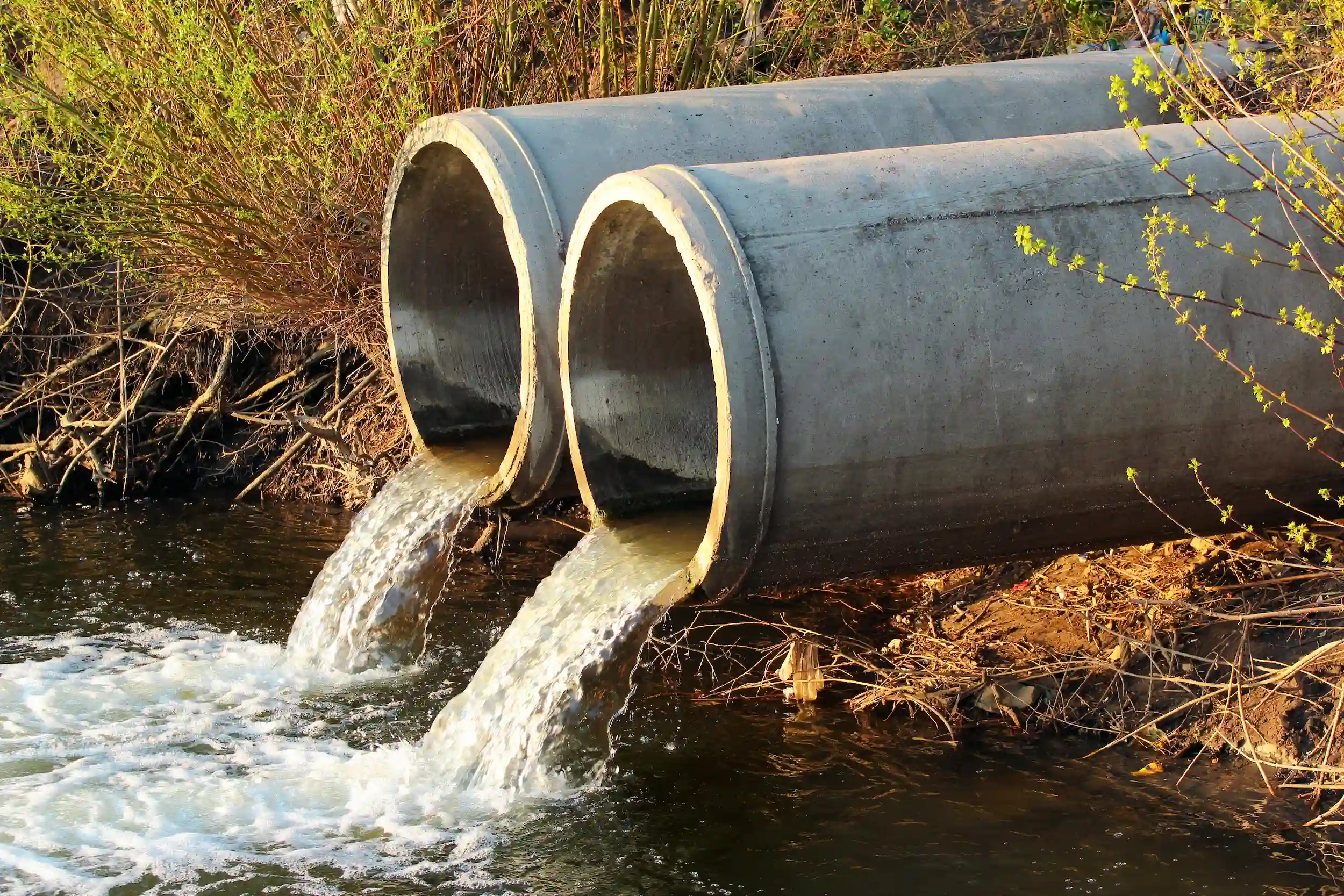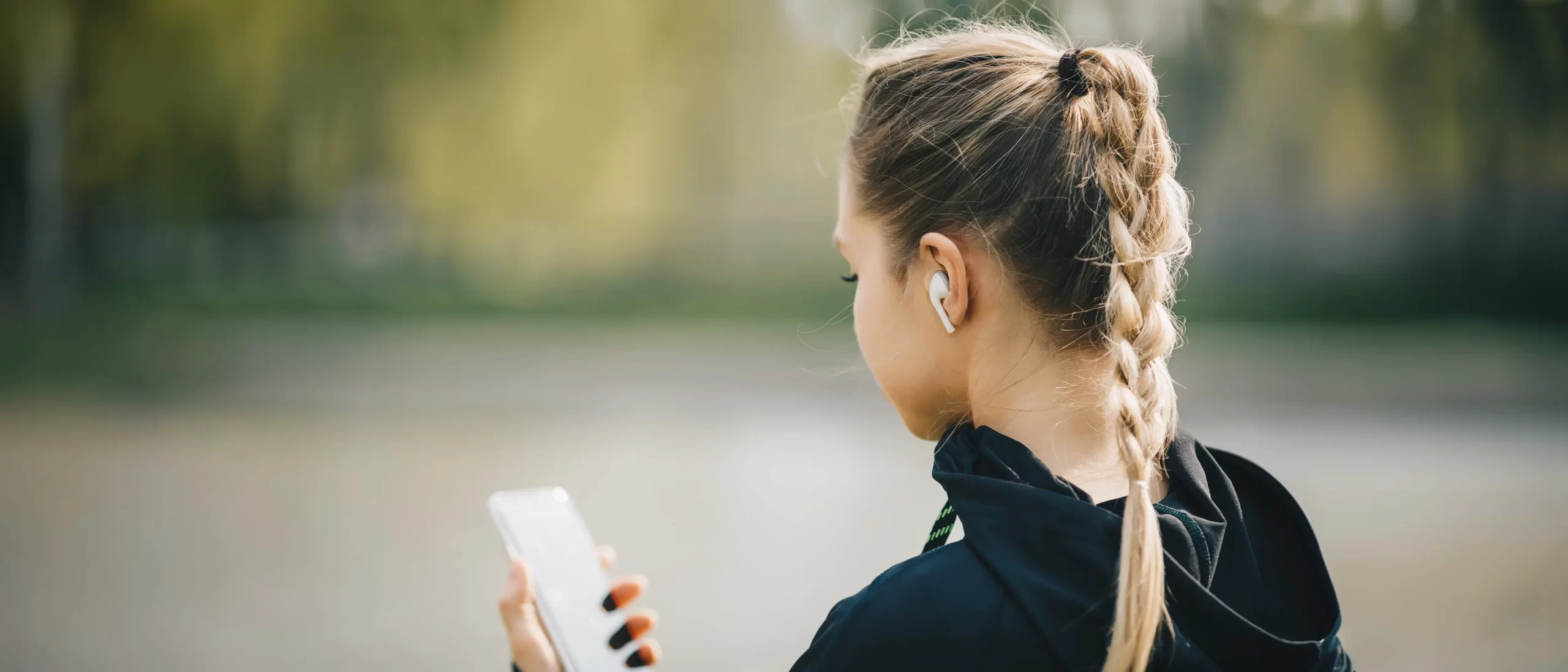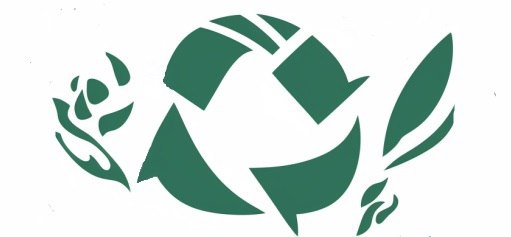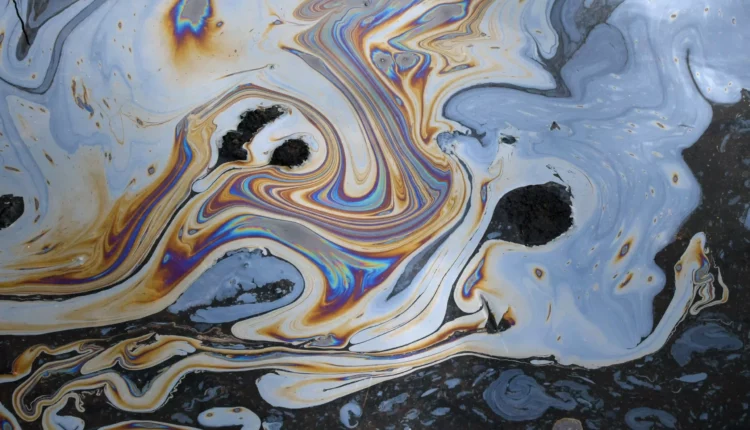- Advertisement -
Think you might have spotted water pollution? Or, perhaps you’re looking to get ahead of the game and want to know the signs before they crop up?
Either way, we know that being faced with a potential pollution incident can be quite daunting. We love our UK waterways — from the babbling streams that run through woodlands to the precious rivers at the heart of our towns. Seeing these green havens affected by potential polluting events is distressing to say the least.
Fortunately, there are avenues for reporting water pollution which we’ll get into later in this blog. First, let’s look at the signs so you know what to look out for.
How to spot water pollution
Water pollution takes many forms. Luckily, many of them are quite obvious — some, though, take a keener eye!
As for the more obvious signs, if you notice toilet paper, wipes, tissues, sanitary products, or even faecal matter, it’ll be clear that a sewage incident has occurred. However, it’s not always that straightforward; in the sea, for example, sewage overfows can cause swimmers to become ill without anything having looked out of the ordinary. Water companies are required to report these leakages, though (and for the most part, they do…) — you can check your local bathing water on the Surfers Against Sewage app.
Another clear sign of pollution is the presence of dead or dying fish. In this case, the water might be polluted with chemicals, and you should absolutely avoid contact with it.
Some other signs include:
- A cloudy or milky appearance to the water
- Lots of slimy fungus or algae
- Foam in predominantly still waters
- A foul smell – like chlorine, rotten eggs, chemical, or sewage smells
Common causes

If you think you’ve spotted water pollution and want to know the causes behind it, great! Knowing the possibilities might help you determine that what you’ve seen is, indeed, a pollution event.
Some of the most common causes of water pollution and questions to ask yourself are, then:
- Agricultural runoff (e.g. fertilisers, pesticides, manure)
- Industrial waste (e.g. metals, chemicals, oils, fuel)
- Effluent release (e.g. toilet roll, sanitary products, urine, faecal matter)
- Urban runoff (fuel spillages, street debris, rubbish)
- Any of the above, caused by flood water carrying chemicals or materials into waterways
What to do when you spot water pollution
If you do spot polluted waters, ensure that you avoid contact with them and, if you can, let anyone around you know.
The best next step is to call the Environment Agency hotline to report it. Make sure that you have to hand:
- The name of the waterway
- The location you believe to be polluted
- The potential source of the pollution, if it is obvious
- Any details about what you can see (and/or smell)
- Your contact number, in case they need to call you back.
Unfortunately, because the Environment Agency seems to receive less funding year on year, they are often unable to respond to every incident — particularly ones that aren’t serious. If you believe the pollution to be sewage-related, it is worth doing a Google search for ‘report water pollution [your town]’; there may well be a local service that can manage it. For example, many regional water companies take direct pollution reports in case their network is at fault.

Report water pollution to Surfers Against Sewage
If you have spotted sewage or plastic pollution in the sea or on the beach, it’s worth checking whether it has already been reported by the local wastewater management company. In the case that it hasn’t, there is a high chance that the general public is unaware.
It’s well worth downloading the Surfers Against Sewage app and reporting an incident. You can do this with the following steps:
- Take a picture of the pollution
- Go to the ‘Locations’ tab
- Find the beach on the map and click on the drop icon (which may have a ‘tick’ on it)
- Scroll down to ‘Evidence of Pollution?’ and click ‘Report Now’
- Fill in the date and answer the questions about what the image shows
- Upload the image
- Submit your report.
Alternatively, you can send an email with the details to [email protected]. Surfers Against Sewage also recommend emailing your local MP — you can do this via the app if there is a live pollution incident, by clicking on the location and scrolling down to ‘Contact your local MP’. It’ll give you a templated email that you can simply fire off.

